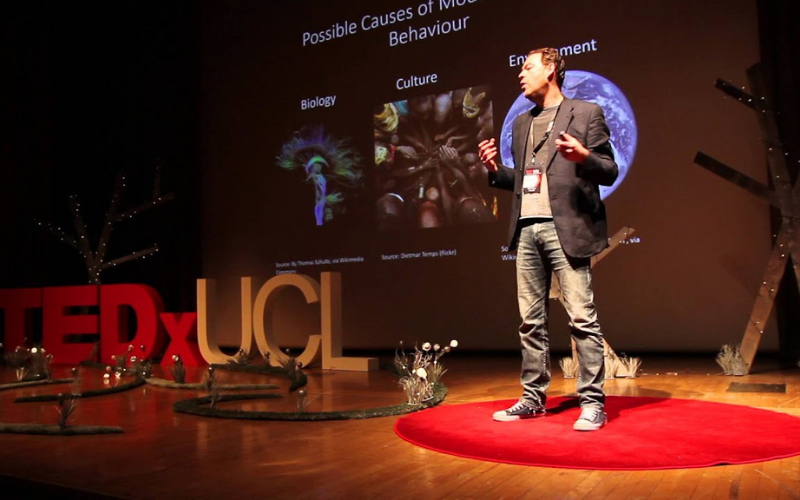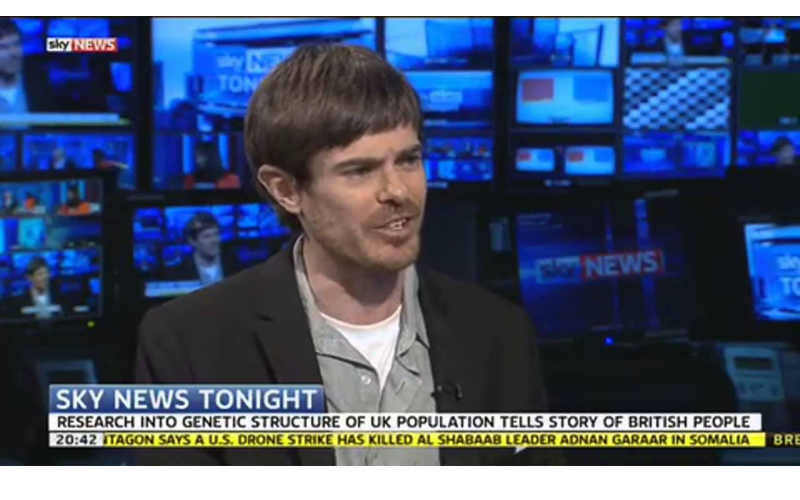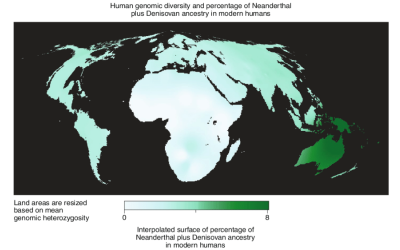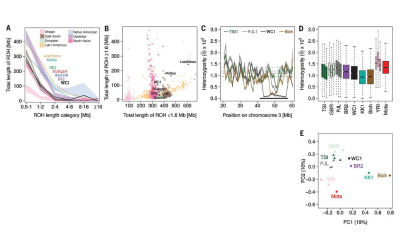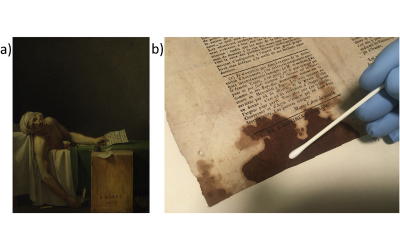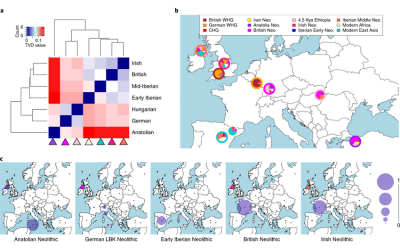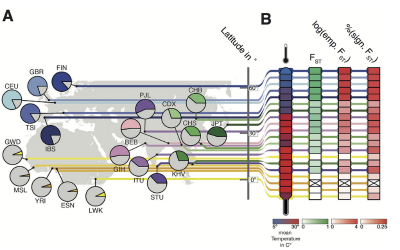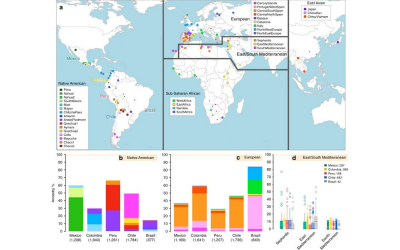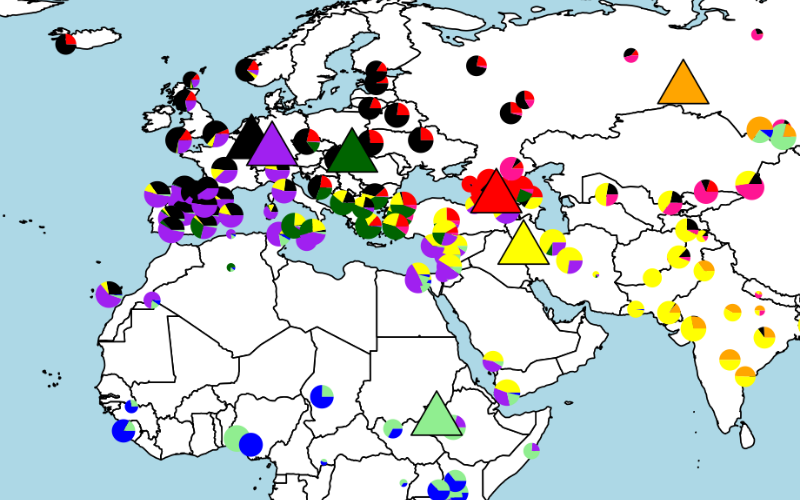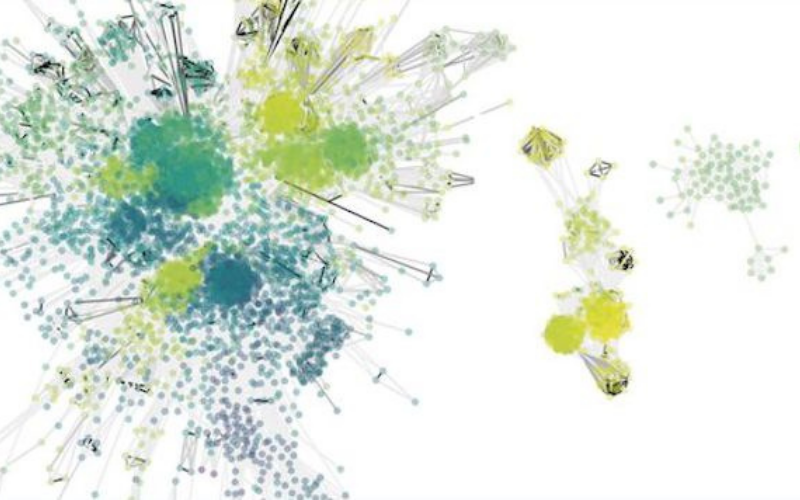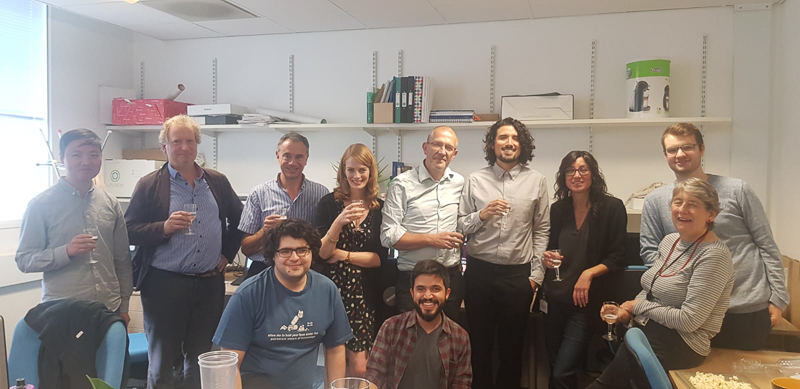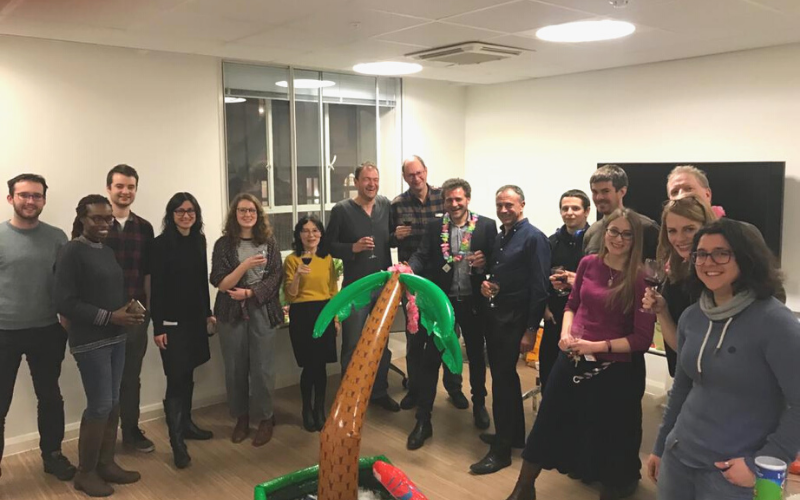Human Population Genetics
A range of past processes have left footprints in the genomes of people alive today. These include population size fluctuations, shifts in culture, diet and ecology, migrations to new environments, interactions between previously separated groups, and exposures to pathogens. The increasing emergence of large-scale cohorts containing genome-wide genetic information from people sampled across the world offers new opportunities to reconstruct these historical processes with unprecedented detail.
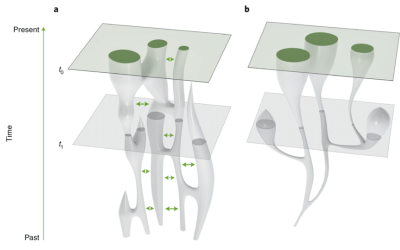
At the UCL Genetics Institute (UGI), we are developing and applying statistical tools to explore genetic variation patterns within and among world-wide human populations, including through DNA from modern and ancient specimens, enabling new insights into human history and how our past has influenced human health today.
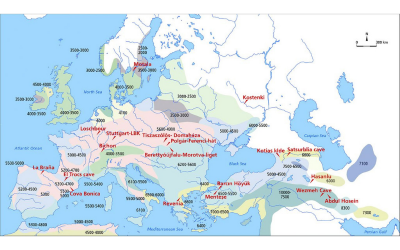
- pinpointing genetic changes that have facilitated the adaptation of humans to new environments, such as changes in diet, temperature and exposure to pathogens
- combining genomic, archaeological, environmental, stable isotope and climate data through mathematical modelling to reconstruct important events during human evolution
- determining the origins and spread of human-associated pathogens
- inferring when different groups intermixed throughout the world, including how historical empires have impacted present-day genetic variation patterns
- evaluating how to control for ancestry patterns when searching for genetic variants associated with phenotypes (e.g. in genome-wide association studies, GWAS) in large-scale cohorts
 Close
Close


